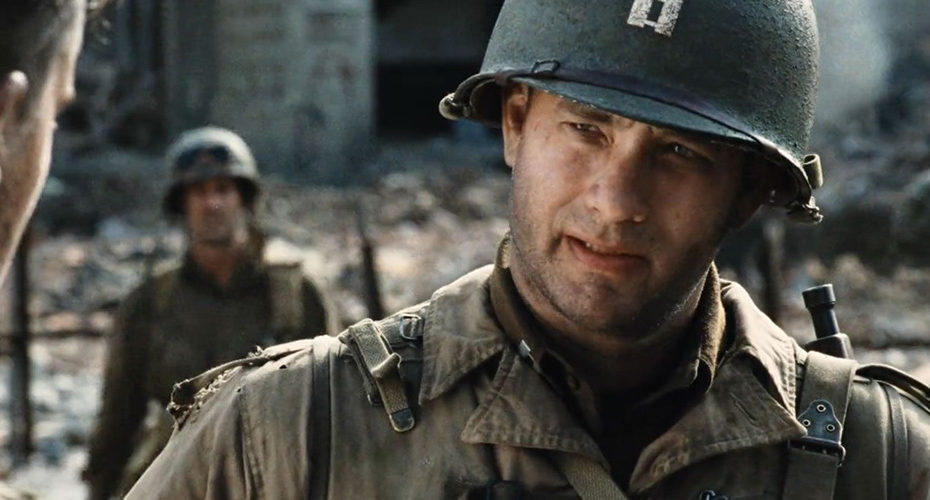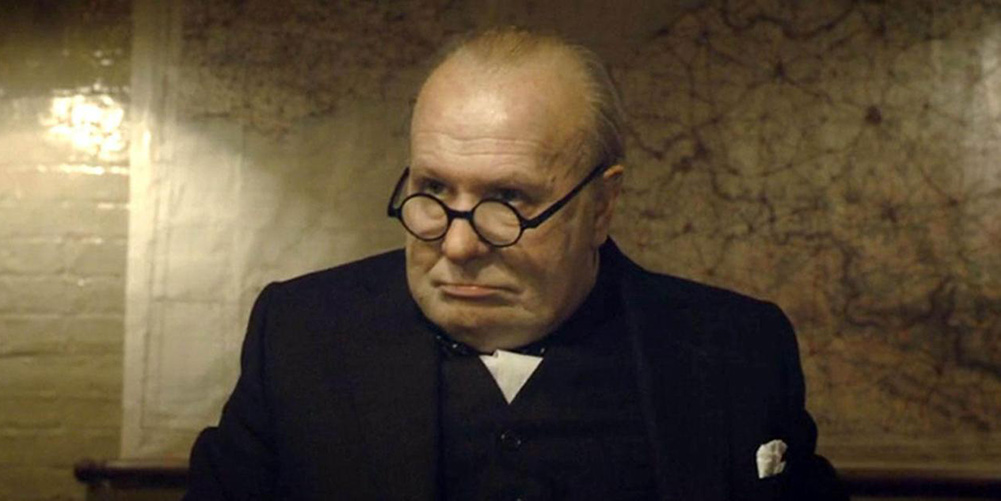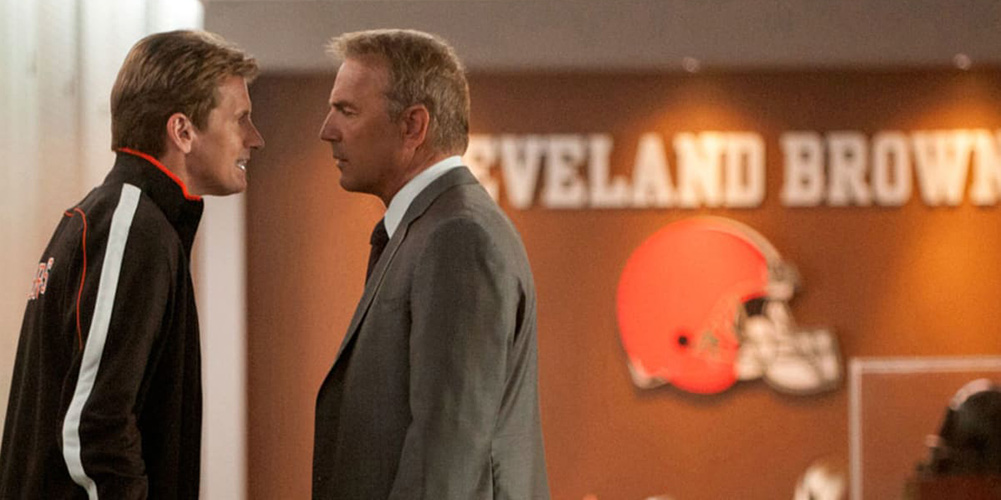War is an unforgiving environment for leaders, as we saw in Black Hawk Down. Add a mission that looks both futile and morally dubious, and it becomes even harder. That’s the situation faced by Captain John Miller (Tom Hanks) in Steven Spielberg’s epic Saving Private Ryan.
Following the brutal D-Day landings, Miller’s squad is assigned a dangerous search and rescue mission to find Corporal Francis Ryan, whose three brothers have all recently been killed in action.
No one knows if Ryan is even alive – so why put the lives of a whole squad in danger to find him? Unsurprisingly, the mission isn’t popular. But Miller has to get the job done regardless of whether he agrees with the rationale. And he has to bring his team with him when they don’t agree with it either.
Miller is a man on the edge, struggling to hold it together under the cumulative stress of battle and guilt over the ever-increasing loss of men under his command.
But he is also highly respected by his men. Miller is the kind of leader you’d want to take you into battle: tough and authoritative but caring and approachable. So how does he succeed in leading a reluctant squad on a mission none of them believe in?
Open to feedback but loyal to the chain of command
Miller is comfortable letting his team express their opinions and doubts about the mission – despite their negativity – and shows empathy with their views.
Whatever his personal feelings on the mission, however, Miller keeps them to himself. ‘I don’t gripe to you’ he tells his team. ‘Gripes go up not down. I send yours up’. He never openly criticises the mission or the rationale behind it.
Tough decisions
Miller faces a stream of tough decisions, but never shirks them. On one occasion, he chooses to attack a machine gun emplacement rather than move around it, despite the protests from his squad. ‘Our objective is to win the war’ Miller tells them.
Then, faced with the choice of executing a German captive or setting him free, he decides to release him, despite opposition from his team.
Empathy
Miller’s decision to let their captive go doesn’t go down well with the volatile Private Reiben, who decides he’s had enough. In the scene below, the situation escalates into an armed stand-off with Sergeant Horvath.
Miller defuses it by finally revealing his trump card – his occupation before the war. He discloses enough about himself to show how much he’s hurting and how, just like them, he simply wants to get home.
‘Sometimes I wonder how my wife’s ever going to recognise me when I eventually get home to her,’ he tells them, ‘and how I’ll ever be able to tell her about days like today. If finding Ryan is the thing I need to do to get back to my wife, then that’s my mission.’
This is a mission every one of his team can identify with: not to win the war, not to save one man, but to get back home to his family. And while he doesn’t stop Reiben leaving, he does rationalise his decision: ‘Just know that every man I kill, the farther away from home I feel’.
It does the trick. Disaster is averted, and his team are back on track. From that point on they focus on their goal and Ryan is rescued – albeit at tragic personal cost to Miller and his squad.





